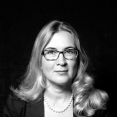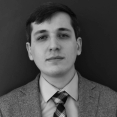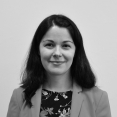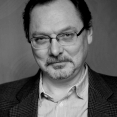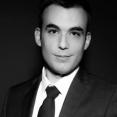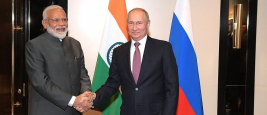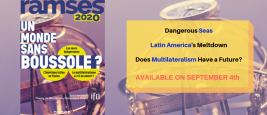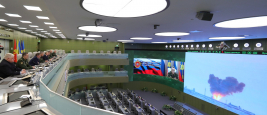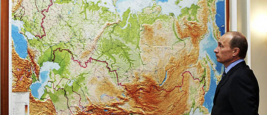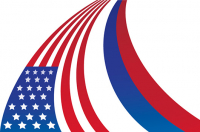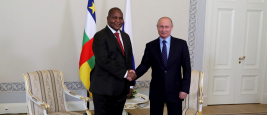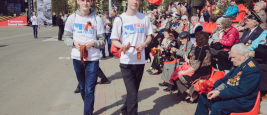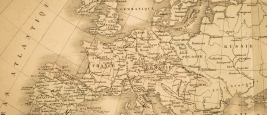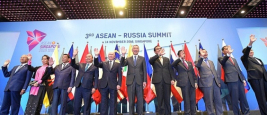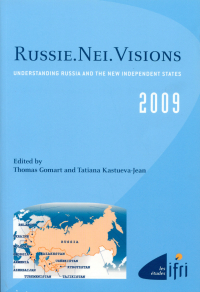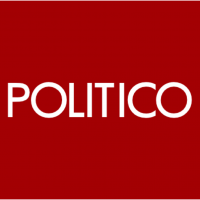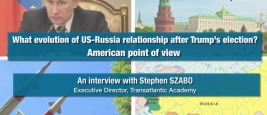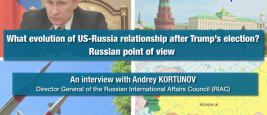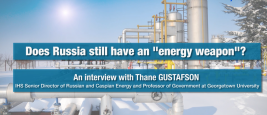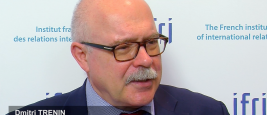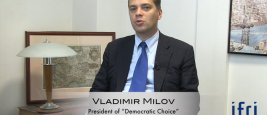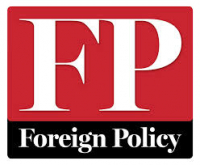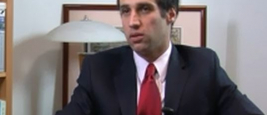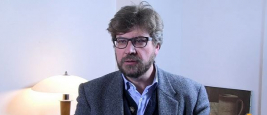This paper explores the latest developments in key spheres of the Russia-India relationship in order to identify the state of bilateral ties at a time when South Asia has turned into an area of geopolitical contest of both global and regional powers.

Russia / Eurasia

Post-Soviet Russia has gradually asserted itself as an imperial and anti-Western power, representing a threat to the independence of its Eurasian neighbors, as well as to the post-Cold War international order. The Kremlin’s invasion of Ukraine on February 24, 2022 is the culmination of this behavior, with both regional and global consequences. Now cut off and isolated from the Euro-Atlantic space, Russia is seeking to deepen its partnership with China and to turn towards non-Western worlds, especially in Asia and Africa. In the Eurasian space, historically dominated by Russia, the war amplifies centrifugal tendencies. The speed and depth of the transformations underway require constant and precise monitoring of the internal and external policies of the countries in the area.
Founded in 2005 at Ifri, the Russia/Eurasia Center produces research and organizes debates on Russia, Eastern Europe, Central Asia and the South Caucasus. Its objective is to understand and anticipate the evolution of this complex and rapidly changing region in order to enrich the public debate in France and Europe, and to assist in strategic, political and economic decision-making. Over time, the Russia/Eurasia Center has developed a network of contacts from institutions and civil society in the countries of the Eurasian space, and has established multiple partnerships with research institutes in Europe and around the world.
The digital collection Russia.Eurasia.Visions (formerly Russia.Nei.Visions), published by the Center, has become a reference point, with articles published in three languages (French, English and Russian). Relying on a network of leading experts and promising young researchers, it offers original analyses intended for public and private decision-makers, researchers, as well as for a wider public interested in the area.
Director of Ifri's Russia / Eurasia Center
...Research Fellow, Russia / Eurasia Center
...Project Officer, Russia / Eurasia Center
Associate Research Fellow, Russia / Eurasia Center
...Associate Research Fellow, Russia / Eurasia Center
...Associate Fellow, Russia / Eurasia and Geopolitics of Technologies Centers
...Associate Fellow, Russia / Eurasia Center
...RAMSES 2020. A World without a Compass?, written by Ifri's research team and external experts, offers an in-depth and up-to-date analysis of geopolitics in today’s world.
The near imminent breakdown of the INF Treaty (1987) has strongly intensified political and public concerns about the failure of traditional arms control and the escalation of a new nuclear arms race.
The Greater Eurasia project has emerged as the poster-child of Vladimir Putin’s foreign policy, symbolic of a resurgent and self-confident Russia.
Central Asia is conventionally seen as a conflicting space for great powers.
Russia’s comeback to Africa has been widely discussed since 2017.
What makes the militia milieu so unique and important for understanding today’s Russia is that it finds itself at the intersection of state institutions, patronage mechanisms, criminal structures, and grassroots illiberal activism.
Of Russia’s 146 million citizens (if we include those in Crimea), 63 million—or 43 percent—are under 34 years of age. Of these, 30 million belong to Generation Y (millennials in their 20s and early 30s), 15 million belong to Gen Z (teenagers), and a further 18 million are part of the youngest...
Like the proverbial cat, some concepts have several lives. Or, like the mythological phoenix, they can be reborn from the ashes. This is certainly the case of the Intermarium, a geopolitical concept that envisaged an alliance of countries reaching from the Baltic Sea over the Black Sea to the...
In recent years, Russia has focused on developing its relations with Southeast Asia, particularly in the areas of economic ties and arms sales.
"Research Universities": outlook and challenges for the future. Comparing Russian and French experiences
Depuis quelques années, l'enseignement supérieur russe est en pleine restructuration. Le gouvernement russe a lancé la création des "universités nationales de recherche", leaders dans leurs domaines respectifs, et des "universités fédérales", à vocation régionale. L'Ifri accueille quatre de...
Hard et soft powers dans la politique étrangère russe
Depuis le début de la décennie, la Russie manifeste une volonté de modifier son image au moyen d'outils de soft power. Cet effort de soft power et la préoccupation pour l'image projetée à l'extérieur n'ont cependant pas empêché le raidissement de la politique étrangère russe...
What are Georgia's Foreign Policy Options?
Conference-debate with Grigol Vashadze, Ministry of Foreign Affairs of Georgia
Chairman: Thomas Gomart
Reforming the Higher Education Sector
Tatiana Kastueva-Jean in the framework of the 996 Wilton Park Conference, 'Dialogue with Russia: Moving from a Resource Based to a Knowledge Based Economy', November 20th, 2009.
Russia Foreign Policy Towards Europe in 2009: What Has Been the Main Driver?
Thomas Gomart in the framework of the roundtable "Russian Foreign Policy in 2009" with Stephen Blank (US War College), Aurel Braun (Toronto University), Craig Nation (US War College), Carol Saivetz (Harvard...
Russia and China in Central Asia: Agents of Stability or Instability ?
EU-Russia Business Dialogue
Thomas Gomart, in the framework of the session " EU-Russia Co-operation: Protect Investments, Avoid Protectionism" with Elvira Nabiullina (Minister of Economic Development of Russia), Catherine Ashton (European Commissioner for Trade), Tony Hayward (Group CEO, BP p.l.c),...
Between Russia and Europe: The Stakes of Caucasian Crisis
Conference with the Ifri experts , Thomas Gomart, director of the Russia/NIS Center, Dominique Moïsi, special adviser, William Ramsay, director of the Energy program, Dorothée Schmid, research fellow . Chairman :
What role should the EU play in Central Asia?
Breakfast debate with Ambassadeur Pierre Morel, special representative of the European Union for Central Asia, Oksana Antonenko, Senior Fellow, IISS (International Institute for Strategic Studies) and Didier Chaudet, Research Fellow, Russia...
Russia-Occident
Breakfast-Debate with Natalya Narotchnitskaya, Duma Deputy, Researcher and author of Que reste-t-il de notre victoire? [What is Left of Our Victory?] (Paris, Editions des Syrtes, 2008), Georges Nivat, Rector of the International University of Lomonosov and...
Russia watchers say Moscow is deploying considerable resources to swing the French election.
3 questions to Stephen SZABO, Executive Director, Transatlantic Academy.
3 questions to Andrey KORTUNOV, Director General of the Russian International Affairs Council (RIAC).
What are the Current Challenges for Gazprom and Russia’s Energy Policy? What are the Gas Risks for Europe? Is the Nord Stream-II a Risk or an Opportunity for Europe?
Russia's Pivot to Asia. Assessment and Strategic Implications.
Dmitri Trenin, director of the Carnegie Moscow Center, analyses the factors driving Russia’s push to expand its influence in Asia. Interview recorded at the French institute of international relations on 15 April 2016.
"Past year has been marked not only with the Ukrainian crisis and unprecedented tensions in political relations between Russia and the West, but also with somewhat radical change of Moscow’s approach to international energy affairs. Widely promoted new energy partnerships...
Disputed rocks and Beijing’s bad behavior in the South China Sea dominate the headlines these days. But there’s another showdown over disputed islands in the Pacific that is increasingly casting a shadow over Asia-Pacific security: a bitter fight between Japan and Russia over the Kurils...
The speakers from the Annual Conference on the United States summarize their talks in short videos. Here, Jeff Mankoff analyzes the strategies put in place by the United States with hopes of containing the situation in Ukraine.
The weekend meeting between the French and Russian presidents has given France a chance to become "the new Germany" for Russia, which lost its last Western ally after a falling-out with official Berlin, analysts say.
...Fyodor Lukyanov (Russia in Global Affairs) and Thomas Graham (Jackson Institute for Global Affairs, Yale University) participated in the seminar “Germany, France and the United States: Towards a Renewed Transatlantic Dialog” which took place on November 17 and 18, 2014 at...



